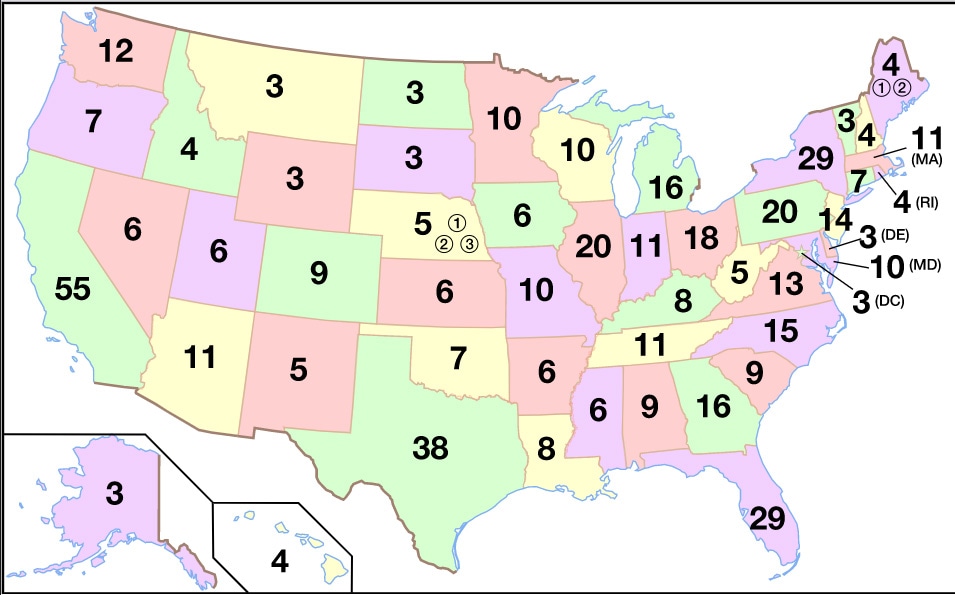Kerby Anderson
Today both houses of Congress will meet to formally count the votes of the Electoral College. In previous years, this has been a mere formality. But 2020 and 2021 are not typical years. Presiding over this joint session is the vice president, who will have to rule on challenges from Republican members of Congress.
The debate about the slate of electors from each state is likely to rekindle the debate about the Electoral College. In previous commentaries, I have talked about the many criticisms leveled against this constitutional institution.
Some have argued that it is racist and actually provides an advantage to white people. But that is not how many black leaders perceive it. They believe the Electoral College gives African Americans a significant vote. Civil rights leader Vernon Jordan, for example, argued that if you take away the Electoral College, then the “importance of that black vote melts away. Blacks, instead of being crucial to victory in major states, simply become ten percent of the total electorate, with reduced impact.”
Not only does the Electoral College protect the vote of minorities; it also protects the vote of smaller states. That is why the framers created it in the first place. They were fearful that big states and big cities would always determine the outcome.
Tara Ross in her book, The Indispensable Electoral College: How the Founders’ Plan Saves Our Country from Mob Rule, provides many examples from history. The founders provided a system that today provides representation for groups as diverse as farmers, minorities, and small states.
Many states have signed onto the National Popular Vote compact that would eventually dismantle the Electoral College, but the initiative seems stalled for now. I doubt today’s debate will encourage any other states to sign on to the compact.
 Listen Online
Listen Online Watch Online
Watch Online Find a Station in Your Area
Find a Station in Your Area









 Listen Now
Listen Now Watch Online
Watch Online
